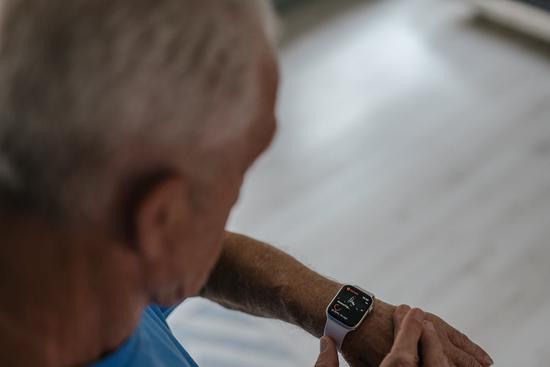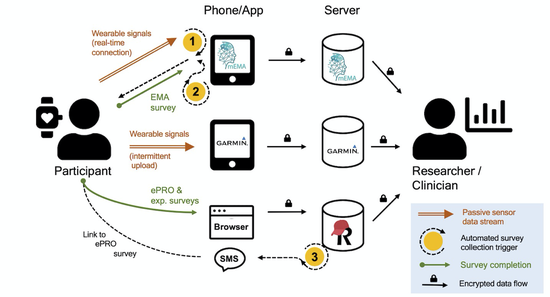Thilo Schuler MD MHInf
Radiation Oncology Doctor
Northern Sydney Cancer Centre, Royal North Shore Hospital
Australian Institute of Health Innovation
Thilo Schuler is a Radiation Oncology doctor at Royal North Shore Hospital’s Northern Sydney Cancer Centre. He is also undertaking a PhD at the Centre for Health Informatics located in the Australian Institute of Health Innovation at Macquarie University. His PhD supervisors are A/Prof Blanca Gallego, Prof Thomas Eade and Prof Enrico Coiera .
His research interests relate to Digital Health with a focus on patient-generated data and routine care translation. In particular he is interested in digitally-enhanced approaches in GU and palliative Radiation Oncology and more broadly in improving interdisciplinary support of cancer patients.
Download my CV.
- Digital Health
- Patient-generated Data (ePROs & wearables)
- Data-driven Routine Care
- GU & Palliative Radiotherapy
- Interdisciplinary Supportive Oncology
PhD candidate in Clinical Informatics, ongoing
Australian Institute of Health Innovation
Master of Health Informatics, 2009
Central Queensland University
Medicine, 2008
University of Freiburg, Germany
Projects
Filter by data type involved or by the two main digital health translational programs.
Data types:
- Patient-generated Data (PGD)
- Clinician-recorded Data (CRD)
- High-dimensional Data (HDD)
Translational programs:
- Data-driven Routine Radiation Oncology Practice (jawDROP)
- Digitally-enabled Interdisciplinary Supportive Care in Oncology (DISCO)
Most projects built on the RACER digital health platform for care coordination and managment of PGD via electronic patient-reported outome (ePRO) surveys and wearable sensors.

Can patient-generated data from surveys and wearable sensors predict survival and other key oncological outcomes?
BASE is a prospective real-world cohort study investigating whether data from consumer-grade wearable sensors and from electronic patient-reported outocome (ePRO) surveys can complement clinician-rated performance status in terms of predicting relevant outcomes such as hospitalisation, toxicity and survival.

Visualising and analysing longitudinal ePRO data
In this project we are exploring longitudinal ePRO analysis methods and visualisation techniques that can capture ToxT and provide meaningful benefit to routine care treatment decisions, clinical research and shared decision making with our patients.

Wearable triggered EMAs and ePROs during home-based palliative care (the CASA project)
CASA is a pilot project to test the feasiblity of wearable sensor-triggered ecological momentary assessments and electronic patient-reported outcomes in a home-based palliative care setting. We collected data from patients and their primary caregivers.

Patient-centred palliative RT via a novel simulation-free RT technique and routine ePRO collection
This project aimed to establish a more modern and patient-centred palliative radiotherapy (RT) paradigm. It clinically implemented a simulation avoidance approach, which we called simulation-free RT (SFRT). It uses standard image-guidance (IGRT) equipment and we monitored patient outcomes via routine collection of electronic patient-reported outcomes (ePROs).

ePRO-driven Community Referral Identification and Support Program
This collaborative project between the Radiation Oncology department at Northern Sydney Cancer Centre and the community support organisation Canteen developed and successfully implemented an ePRO-driven process to identify and offer referral to Canteen’s services (psychosocial support for families) and the Quitline service (smoking cessation).

Routine ePROs in the Care of Prostate Cancer Patients Treated with RT
Project to establish routinely collected electronic patient-reported outcomes (ePROs) as a one key element underpinning innovations in care and clinical research of patients with prostate cancer referred to Northern Sydney Cancer Centre (NSCC) Radiation Oncology department.

